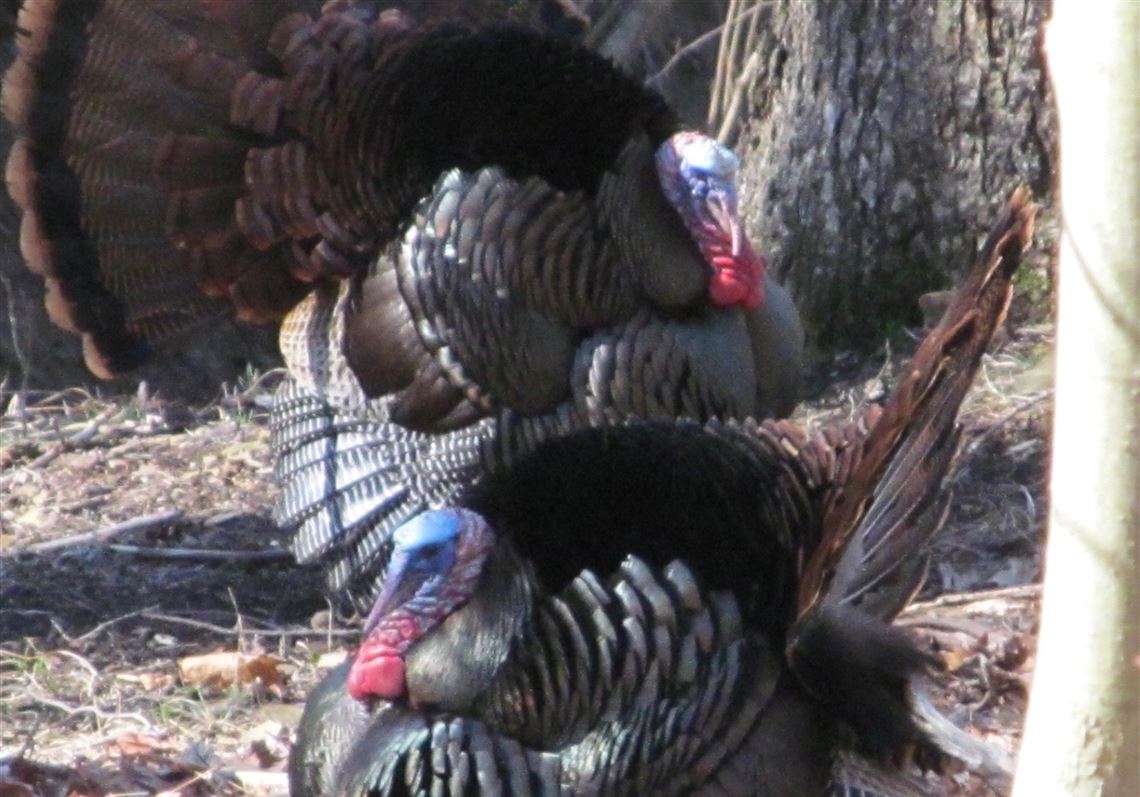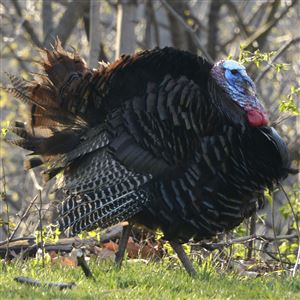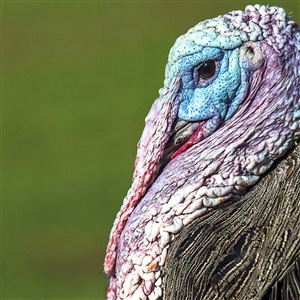Spring gobbler season is scheduled to open as planned May 2. Licensed hunters can safely help mentored youth without breaking the rules, and although Pennsylvania’s feathers have been ruffled by the COVID-19 virus, its wild turkeys are relatively healthy.
Travis Lau, Game Commission spokesman, said no changes were expected in the junior hunter and mentored youth bearded bird hunt April 25, and spring gobbler season May 2-30.
All of Pennsylvania’s 67 counties are subject to Gov. Tom Wolf’s stay-at-home guidelines, which advise the state’s 12.8 million residents to leave their homes as seldom as possible. The original guidelines extend through April 30 but could be expanded. Freedom of travel remains, but people are urged to avoid traveling far from home. Exercise, engaging in outdoor activities and acquiring food are considered acceptable reasons to get out, and hunting counts in all three. Hunting-related businesses are exempt from Gov. Wolf’s business closure order.
Hunters who choose to hunt are advised to practice social distancing guidelines set by the Centers for Disease Control and Prevention. Those include no car pooling, avoiding contact with groups that do not live in the same household and keeping at least 6 feet apart. Camouflaged masks and balaclavas or neck gaiters commonly used by turkey hunters are not likely to provide the aerosol protection required in Gov. Wolf’s mask-wearing guidelines.
In some cases, the popular mentored youth hunt could put hunters from the most vulnerable age groups, the old and the young, in close proximity. Mr. Lau suggested that youth hunters and junior hunters may be particularly susceptible to the virus, “especially if they are mentored by someone who is not a family member or who doesn’t live in the same household.”
Mentored youth regulations require licensed hunters to remain within an arm’s length of the youths they are mentoring. Social distancing guidelines would prevent that among hunters who don’t live in the same home. Mr. Lau suggested the safest solution may be for hunters in that situation to skip the hunt. Another solution would require the youth and a license-holding caregiver to remain within an arm’s length of each other while an experienced licensed hunter drives separately and mentors from more than 6 feet away.
Despite fluctuations in local turkey populations, and complaints from some hunters, the birds present in all of Pennsylvania’s 67 counties are relatively healthy, said Mary Jo Casalena, turkey biologist for the Pennsylvania Game Commission.
While wild turkeys in southeastern states fall victim to a variety of diseases, avian pox is the primary viral infection plaguing turkeys in the Keystone State. Not related to various “bird flu” viruses that can jump to humans, the mosquito-borne disease causes ugly warts to grow on unfeathered parts of the birds’ body. The nodules are fairly common, rarely lethal and do not impact turkey meat that is properly field-dressed and cooked.
West Nile virus is depleting the state’s ruffed grouse population, but for some reason it is not impacting its wild turkeys, which are closely related. To find out why, Ms. Casalena invited Pennsylvania hunters who submitted successful 2018 turkey harvest reports to participate in a unique single-state study during the 2019 fall hunt.
The Game Commission and National Wild Turkey Federation worked with the Georgia-based Southeastern Cooperative Wildlife Disease Study. In part of the research, blood and feather samples submitted by about 200 hunters were analyzed for West Nile antibodies to learn whether birds in diverse parts of Pennsylvania had developed resistance to the disease. In another facet, eggs were gathered from nests, and the poults were inoculated for West Nile and tested to determine if they developed antibodies. The study was based on similar Pennsylvania research on ruffed grouse.
“This was the first study of its kind on wild turkeys,” said Ms. Caselana. “Previously the science had been based on a study of domestic turkeys done in 2000. But we know domestic turkeys are different.”
This year Ms. Caselana received an award from NWTF for her science-based management of the species, particularly experiments that resulted in resetting the spring gobbler opening day on the Saturday closest to May 1, a date considered the safest for the hens because most are on their nests.
Final results from the West Nile study were expected in March, just weeks after the Georgia labs were closed for COVID-19 prevention.
“We have some information. The most important results are in from the inoculation, finding that wild turkeys are not susceptible,” said Ms. Caselana. “We want to get an idea of antibodies after an entire season of getting bitten by mosquitoes. Also, we want to know the distribution [of antibodies] across Pennsylvania and whether the antibody levels change due to exposure. We’re hoping to get other states involved this fall.”
First Published: April 16, 2020, 4:08 p.m.




















